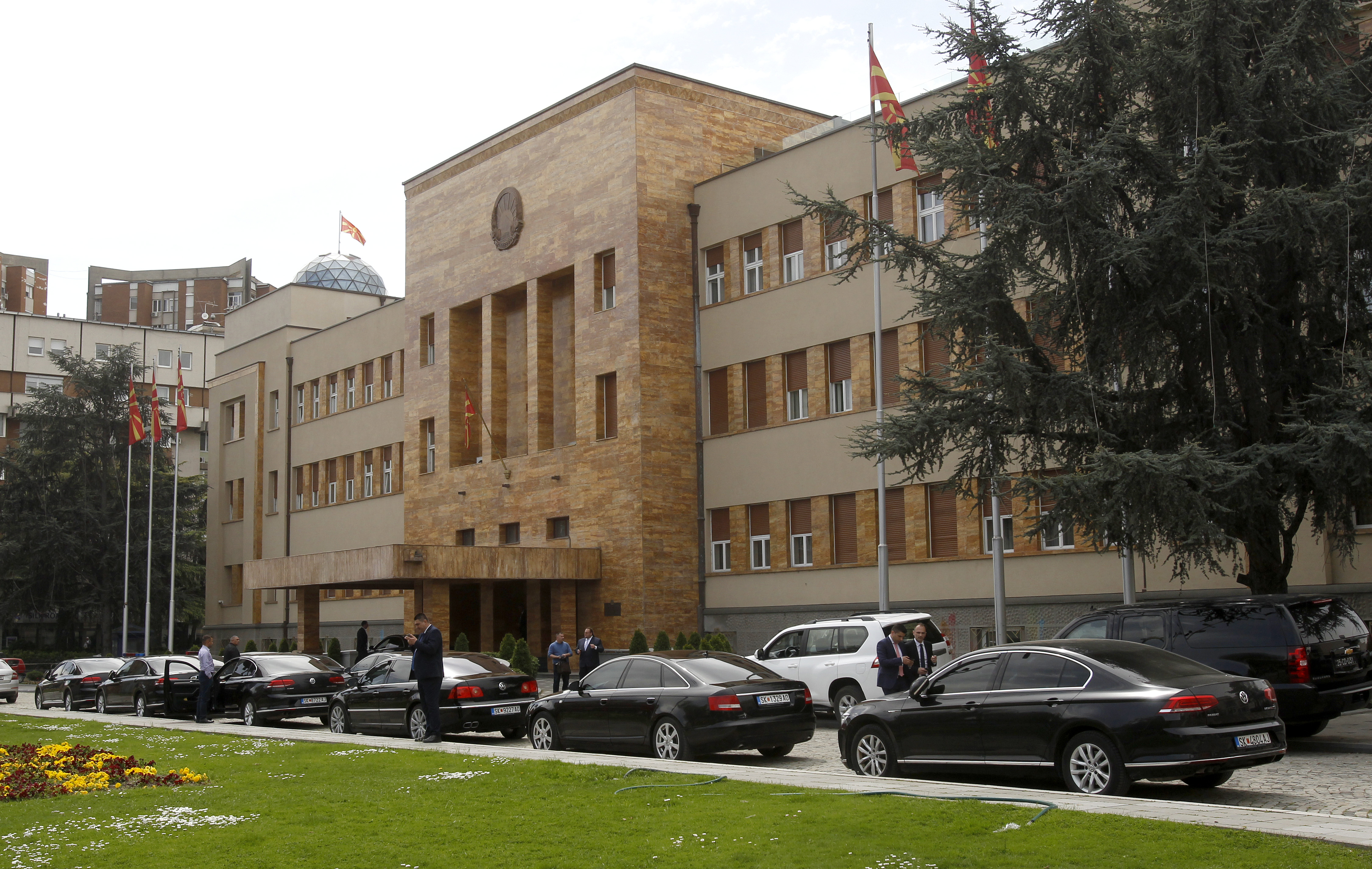Non-parliamentary parties: Cut the money for party financing in half

Eight non-parliamentary parties – Glas za Makedonija, Edinstvena Makedonija, Levica, MAAK, Podem, the Labor-‐Agricultural Party, TMRO and FRODEM each make six demands regarding the Electoral Code and the conditions for “fair and democratic” elections.
They demand a single-constituency model with no lower threshold and open lists. The D’Hondt model can be replaced by the Sainte-Laguë method, which gives a slight advantage to the middle parties, unlike the former, which favors the big ones only. In this way it will be possible to represent more than 100,000 citizens who in the present conditions, though voting, do not get a single MP. It will open the door to genuine parliamentary democracy and remove the rogue pre-election coalitions that have been abolished by law in many countries.
“We demand that the amount of 4.7 million euros in budget funding for party financing, unsuitable for a small and poor country, be cut in half. Current legislation bases funding 100 percent on the basis of previous election results. What are the fair conditions then? In a new race everything goes from the same starting position. Independent, non-parliamentary parties require certain funding (for modest maintenance and operation) to be allocated to them as well. We demand that instead of the 70% (the first in terms of the number of seats won and the second percentage for parties that have exceeded the 1% threshold in past elections), the allocation should be as follows: 40% for seats won, 30% for those who exceeded the 1% and 30% threshold for non-parliamentary parties. The sum of 280,000 euros annually paid only to the major parliamentary parties for analytical centers should be distributed to all those who have such centers in the statutes”, reads the statement.
“Although the Electoral Code speaks of ‘balanced media coverage’, all articles below the Law deny this view. We demand equal access to the public broadcaster, but also to national concession televisions. The latter perform a social activity subject to the same media laws. That shameful relationship 40/40/10/10, to be replaced by 30/30/20/20. We also demand a limit on the number and duration of paid advertising. We demand more debates, with balanced participation of all parties and the intersection of the arguments of the parliamentary with the non-parliamentary parties.
We demand modest campaigns, without unnecessary billboards, gigs and parties with famous entertainers, transporting citizens with paid buses from city to city. We demand that responsibility for the citizens’ money be demonstrated. Campaigns, following the example of developed, rich countries, should be based more on debates where citizens will be exposed to cross-arguments rather than glamorous propaganda paid from their own pockets.
In order to avoid electoral fraud, we require biometric voter identification, a perforated ballot paper and a bar code reader, thus avoiding the so-called Bulgarian train. We demand that a copy of the minutes be obtained for each party, and that the boxes may be inspected within a certain time after the election. We also demand that our observers be covered with budget funds, such as those from the administration and the major parties. They have the same costs. We are demanding an increase in penalties for committed and proven election fraud, as well as excluding the cheating party from the election race.
We demand that our expatriates vote electronically. Some of these remarks are also given by the OBSE/ODIHR, but they are simply not respected. We demand changes in the direction of true democratization of society, we seek not to be eternally trapped in bipartisanship that is a source of poverty, corruption and pure clientelism”, reads the statement.